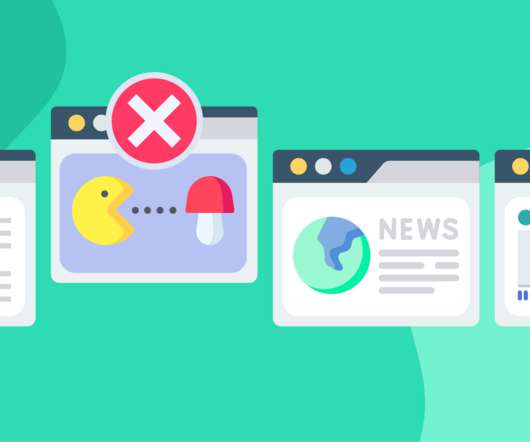Protecting Student Data Privacy as a Guiding EdTech Principle
Lightspeed Systems
AUGUST 24, 2023
Student welfare, of course, is comprised of many elements, including teaching and learning, student mental health, student safety, and, importantly, student data privacy. Our Privacy Policy and Trust Page detail the following commitments: We will always be transparent in the data we collect and how it is used.














Let's personalize your content